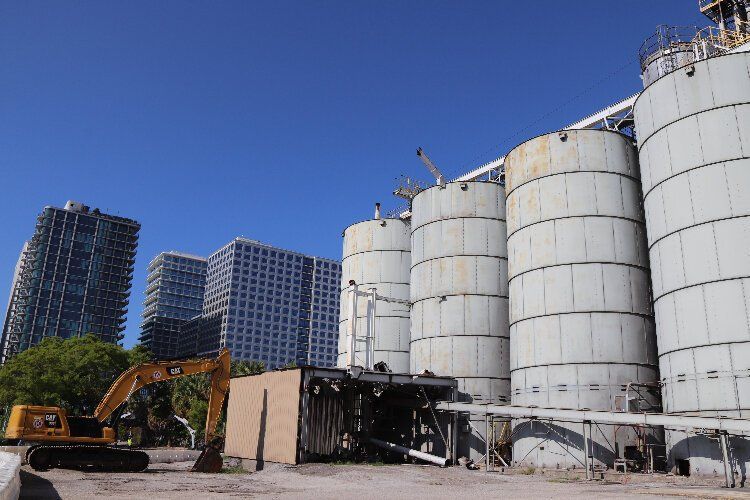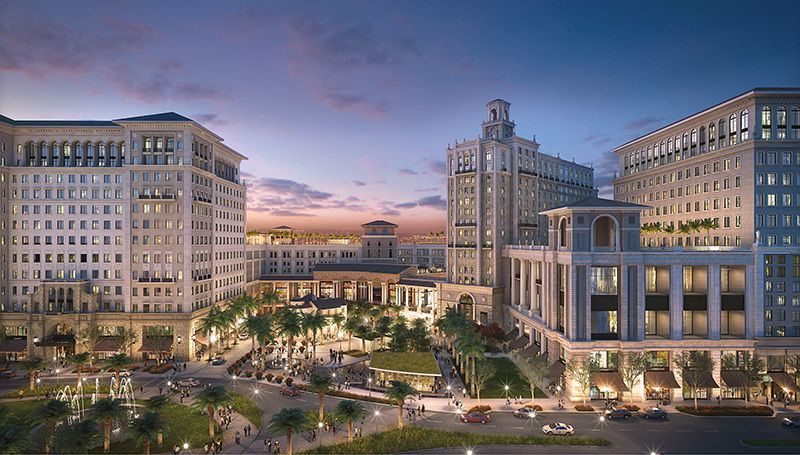The Evolution of Security Services in Miami Over the Past Two Decades
Introduction: A Changing Landscape of Security in Miami
Over the past two decades, Miami has undergone significant growth, becoming one of the most dynamic cities in the U.S. Known for its tourism, diverse population, and thriving businesses, the city has also faced evolving security challenges. From small private businesses to large-scale events, the demand for professional security has increased, leading to revolutionary changes in the industry.
At All American Security Services, we’ve witnessed and adapted to these changes. Here’s how security services have evolved to meet Miami’s unique needs.
The Early 2000s: Traditional Security Measures
In the early 2000s, security services in Miami were relatively simple:
- Static Guards at entrances of businesses, residential buildings, and construction sites.
- Basic surveillance systems with limited recording capabilities.
- Manual patrols in high-risk areas with little use of technology for monitoring.
While effective to some degree, these methods often fell short of addressing growing safety concerns in a rapidly urbanizing Miami.
The Shift Towards Technology and Mobility
By the 2010s, the introduction of new technology transformed how security services operated:
- Surveillance Cameras with Advanced Features – High-definition CCTV cameras, night vision, and motion-sensing technology became mainstream.
- Mobile Patrols – Businesses began utilizing mobile patrol units to cover larger areas, offering cost-effective, on-the-move security solutions.
- Access Control Systems – Security moved beyond key-based access to include electronic card readers, biometric scans, and remote-controlled gates.
During this time, All American Security Services emerged as a leader in integrating these technologies into customized solutions for commercial and residential properties.
The Rise of Event Security in Miami
Miami became a hub for world-class events, from Art Basel and major music festivals to sporting championships. As large-scale events attracted global attention, the need for specialized security teams grew significantly.
Key advancements in event security included:
- Crowd Management Techniques: Managing large crowds through organized checkpoints and visible patrols.
- Emergency Preparedness: Developing quick-response protocols for medical, safety, and evacuation scenarios.
- Surveillance and Monitoring: Installing temporary surveillance systems and deploying drones for aerial views of event spaces.
Current Trends: Technology-Driven Security and AI Integration
Today, Miami’s security services incorporate cutting-edge innovations:
- Artificial Intelligence (AI) for threat detection, facial recognition, and behavioral analysis.
- Cloud-Based Surveillance for 24/7 remote access to live feeds and security data.
- Data Analytics to identify patterns and predict potential security risks.
At All American Security Services, we combine this technology with trained personnel to offer the most reliable, proactive security solutions for Miami’s businesses, events, and residents.
Why Choose All American Security Services?
With over 19 years of experience, we’ve adapted to every phase of Miami’s evolving security landscape. Our comprehensive services, including mobile patrols, event security, and customized solutions, are backed by modern technology and industry expertise.
Secure Your Future with Us Today
Looking for reliable, forward-thinking security solutions in Miami? Partner with All American Security Services. Call us at (305) 614-9260 for a free consultation or visit our website to learn more.
Your safety is our mission – let us protect what matters most.











